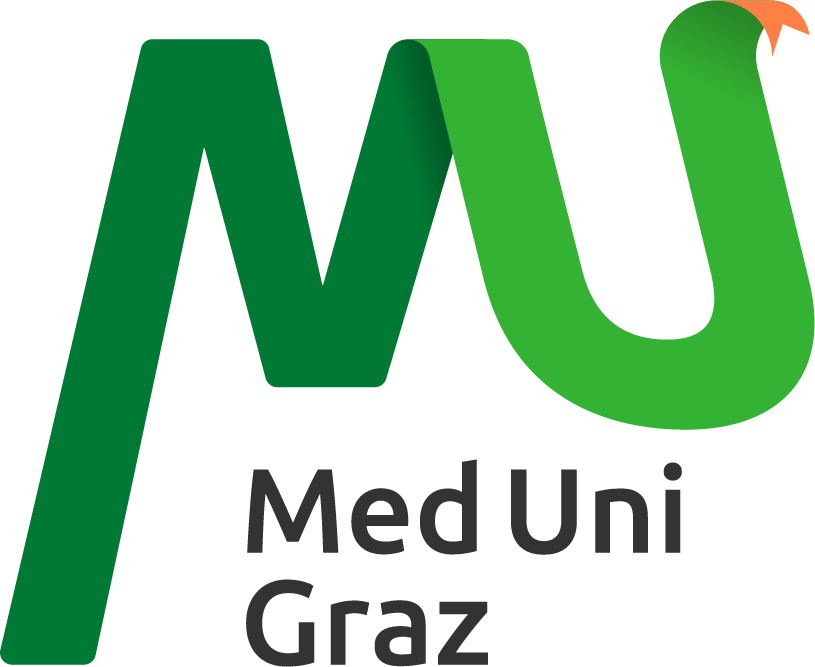Principal Investigator

Univ.-Prof. Dr.rer.nat. Frank Madeo
Universität Graz
EPIAge
Reduction of daily energy intake is considered to lead to health protective effects in various conditions such as diabetes and metabolic syndrome, neurodegeneration and even cancer. Intermittent or periodical fasting is a convenient alternative to conventional fasting regimens. Intermittent fasting is characterized by periods of complete calorie restriction followed by periods of unlimited calorie intake, usually performed in 24 hours cycles. The cooperative flagship project EPIAge will investigate blood samples of patients undergoing such a 24 hour intermittent fasting regime. Previous studies have already demonstrated that intermittent fasting exhibits life-prolonging and beneficial health effects in several animal models, but the underlying mechanisms are still far from being fully understood. Based on the large-scale InterFAST study where patients undergo intermittent fasting and are strictly medically monitored, EPIAge will investigate the molecular mechanism underlying the beneficial health effects of intermittent fasting. Based on already collected samples from patients, key players of fasting will be identified using various established analytical methods. The study aims to answer two major questions:
- What kind of molecular alterations are mediated through fasting?
- Which of these molecular factors are causally responsible for the beneficial effects of fasting on overall health and longevity?
Selected key factors will then be evaluated in established fly and mouse models of aging and intermittent fasting in order to find the causal targets for life and health span extension. Moreover, results obtained in EPIAge will reveal underlying mechanisms of fasting and more importantly could serve as diagnostic tools to determine the metabolic health status and fasting success in humans.
Consortium
- Michael R. Speicher, Institute of Human Genetics, Medical University of Graz
- Ellen Heitzer, Institute of Human Genetics, Med Uni Graz
Project members
- Thomas Pieber, Department of Internal Medicine, Division of Endocrinology and Diabetology, Med Uni Graz
- Petra Kotzbeck, Department of Internal Medicine, Division of Endocrinology and Diabetology, Med Uni Graz
- Cornelia Sommer-Ruck, Institute for Molecular Biosciences, University of Graz
- Gerhard Thallinger, Institute for Computational Biotechnology, TU Graz

